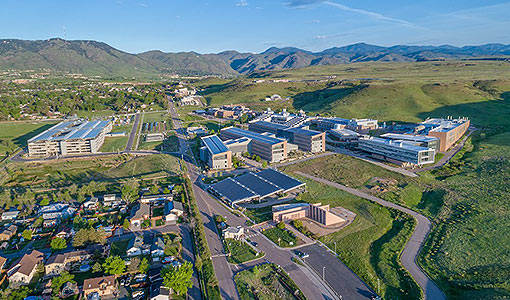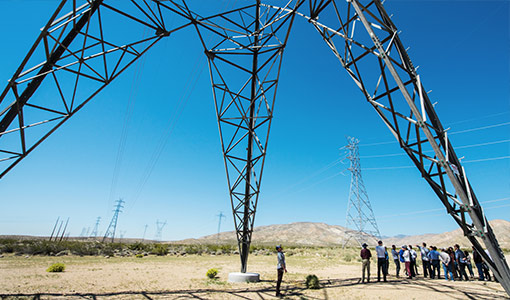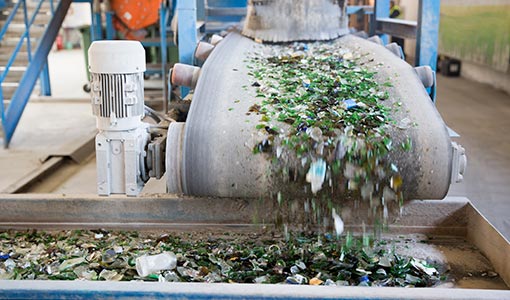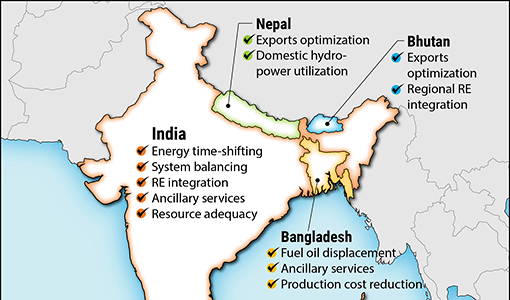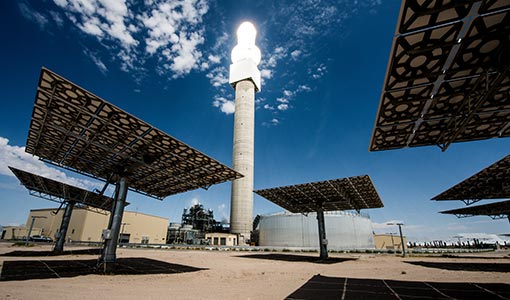Explore our collection of new stories for this topic.
Search or filter for a specific story using the options below.
November 2021
An Evolving Dictionary for an Evolving Grid: Defining Long-Duration Energy Storage
A new thought piece by NREL analysts describes the challenges of defining long-duration energy storage to reflect both duration and application.
October 2021
News Release: R&D 100 Awards Honor Two NREL Innovations
R&D World magazine today presented NREL with two of its annual R&D 100 Awards for research innovations.
Where the East Meets the West: Interconnections Seam Study Shows Value in Joining U.S. Transmission Grids
A novel multi-model analysis led by NREL explores the benefits and costs of uniting two of the world’s largest power systems.
Industry Proves To Be a Promising Prospect for Future Grid Flexibility
New study by the Joint Institute for Strategic Energy Analysis finds industrial manufacturing could profitably help stabilize the grid with large-scale batteries.
September 2021
Charged With Curiosity, Geospatial Data Scientist Anthony Lopez Solves Real-World Questions with Computational Models
The NREL star thought he had no potential growing up. Today, he is leading research on how land use constraints factor into realizing wind energy's full potential.
Profitable, Clean, and Efficient Farming Starts With Renewable Energy Sources, Sustainably Produced Biofuels
The Joint Institute for Strategic Energy Analysis studied sustainable energy generation and consumption in Colorado farms and agricultural production facilities.
To Toss, Repair, or Recycle? How Human Behavior Affects the Fate of Aging Solar Panels
By 2050, there could be 80 million metric tons globally of solar photovoltaics (PV) reaching the end of their lifetime, with 10 million metric tons in the United States alone—or the weight of 30 Empire State Buildings.
August 2021
NREL Study Shows a Bright Future for Energy Storage in South Asia
NREL performed a first-of-its-kind assessment of opportunities for grid-scale energy storage in South Asia over the next three decades.
Annual Technology Baseline Provides Updated Foundational Solar Model Input Data for Electric Grid Studies
One of the challenges of aggregating solar energy data from different sources into studies is knowing whether the data uses consistent assumptions. The Annual Technology Baseline (ATB) resolves this challenge by creating consistent assumptions for all electric generation technologies cost and performance data, including solar.
NREL's International Programs Overcome Travel Restrictions To Provide Global Trainings
While COVID-19 Travel Restrictions Prevent NREL Researchers From Hosting In-Person Trainings, Virtual Solutions Are Creating Opportunities To Build Partnerships at a Distance
Share
Last Updated May 5, 2025


